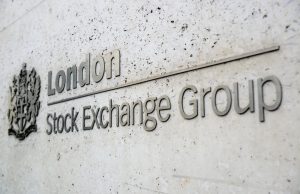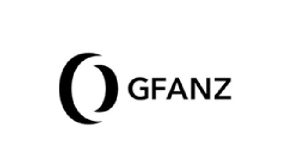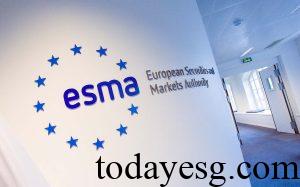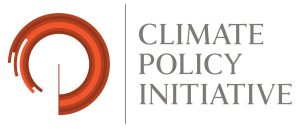HKEX Releases Carbon Market Report
The Hong Kong Stock Exchange releases a carbon market report, which analyzes the current development of the global and Chinese carbon markets in detail, and proposes the opportunity for Hong Kong to participate in the process.
HKEX believes that the world is actively taking action to reduce greenhouse gas emissions and address climate change, and the scale of carbon market is expanding. As an international financial center, Hong Kong can actively participate in the development of China’s carbon market and play a role in the connection between China and the global market.
Development of Global Carbon Market
The global carbon market can be divided into mandatory carbon market and voluntary carbon market. The mandatory carbon market is also known as the Emission Trading System (ETS). These carbon markets were established by the regulatory authorities, mainly in industries with high emissions (such as electricity, industry, etc.).
The operation of the mandatory carbon market can be summarized into two parts, namely distribution and trading. Distribution means that the regulatory authorities generally set the upper limit of carbon emissions, and then distribute emission quotas to participants in the carbon market. Trading refers to the way that participants cover carbon emissions by buying and selling quotas.
In 2022, the total carbon emission covered by the global mandatory carbon market reaches 8.9 billion tons of carbon dioxide, with an annual growth rate of 8.8%. Among them, EU ETS is the largest mandatory carbon market in the world, accounting for about 90% of the total transaction amount.
Unlike the mandatory carbon market, the voluntary carbon market does not have the legal constraints of emission reduction commitments. Participants offset their greenhouse gas emissions by purchasing carbon offsets. Participants in the voluntary carbon market are also not subject to legal constraints, and are generally related to the company’s own carbon emission goals.
At present, the scale of the global voluntary carbon market is significantly smaller than that of the mandatory carbon market. The volume of carbon offsetting in 2021 is about 300 million tons, less than one percent of the mandatory carbon market.
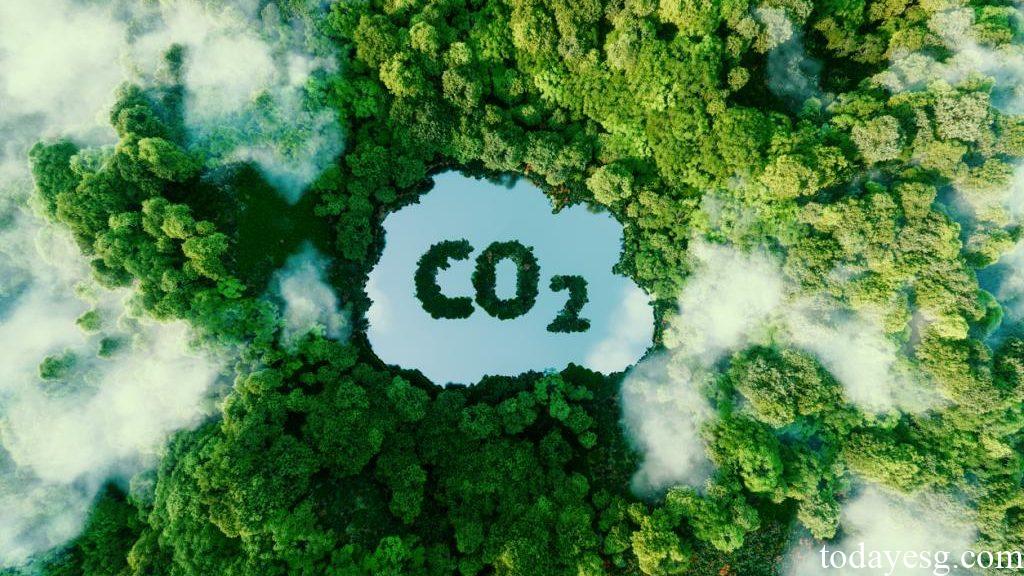
Development of Carbon Market in China
China’s carbon market can be divided into local carbon market and national carbon market. Since 2013, regulatory authorities have established seven local carbon markets to help enterprises manage environmental risks. In 2021, the national carbon market was officially launched, relying on the Shanghai Environmental Energy Exchange to carry out trading, and the first batch of participants were electricity companies.
In addition to the construction of the carbon market, China is also developing carbon financial derivatives. For example, the regulatory authority disclosed in June 2021 that it is designing carbon futures products in order to improve the liquidity of the spot market. At the same time, the Shanghai Environmental Energy Exchange has developed carbon emission quota forward contracts.
In terms of scale, it is estimated that the total coverage of China’s mandatory carbon market will reach 60% by 2030, and the cumulative transaction amount will reach US $15 billion.
Hong Kong’s Role in Carbon Market Report
As a green financial center, Hong Kong can play an important role in global and Chinese carbon markets. HKEX believes that there are three ways for Hong Kong to participate in the development:
- Help international investors invest in China’s carbon market. There are limited ways for international investors to directly participate in China’s carbon market, but they can invest in China’s mandatory carbon market through Hong Kong’s financial and professional services;
- Provide green certification services. HKEX established the International Carbon Market Committee last year to help China achieve the goal of carbon neutrality. The green certification services of Hong Kong financial institutions can provide more enterprises with certification in carbon trading and carbon projects;
- Build a regional carbon trading center. Hong Kong launched the international carbon market platform Core Climate in October last year, providing trading, custody and settlement services. In the future, more infrastructure and financial products will be launched to build Hong Kong into a regional carbon trading center.
Reference:


